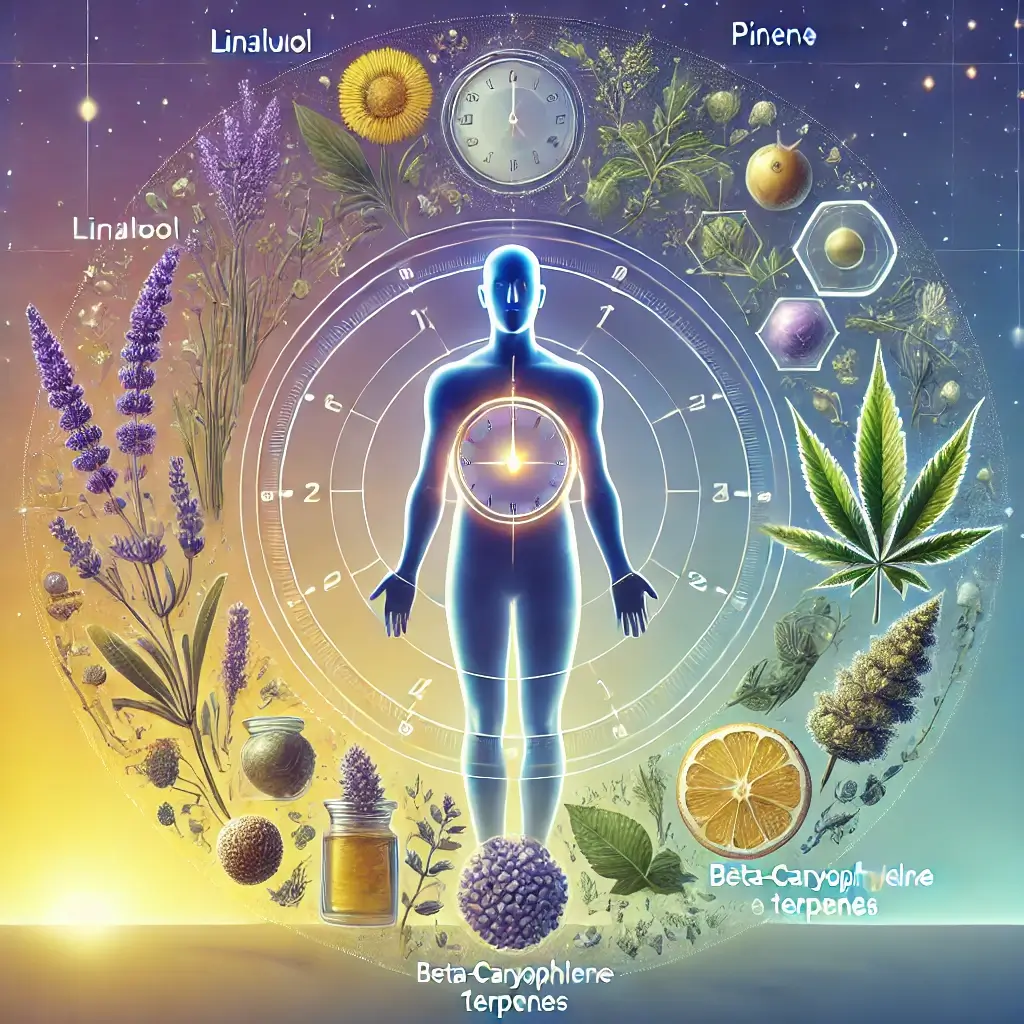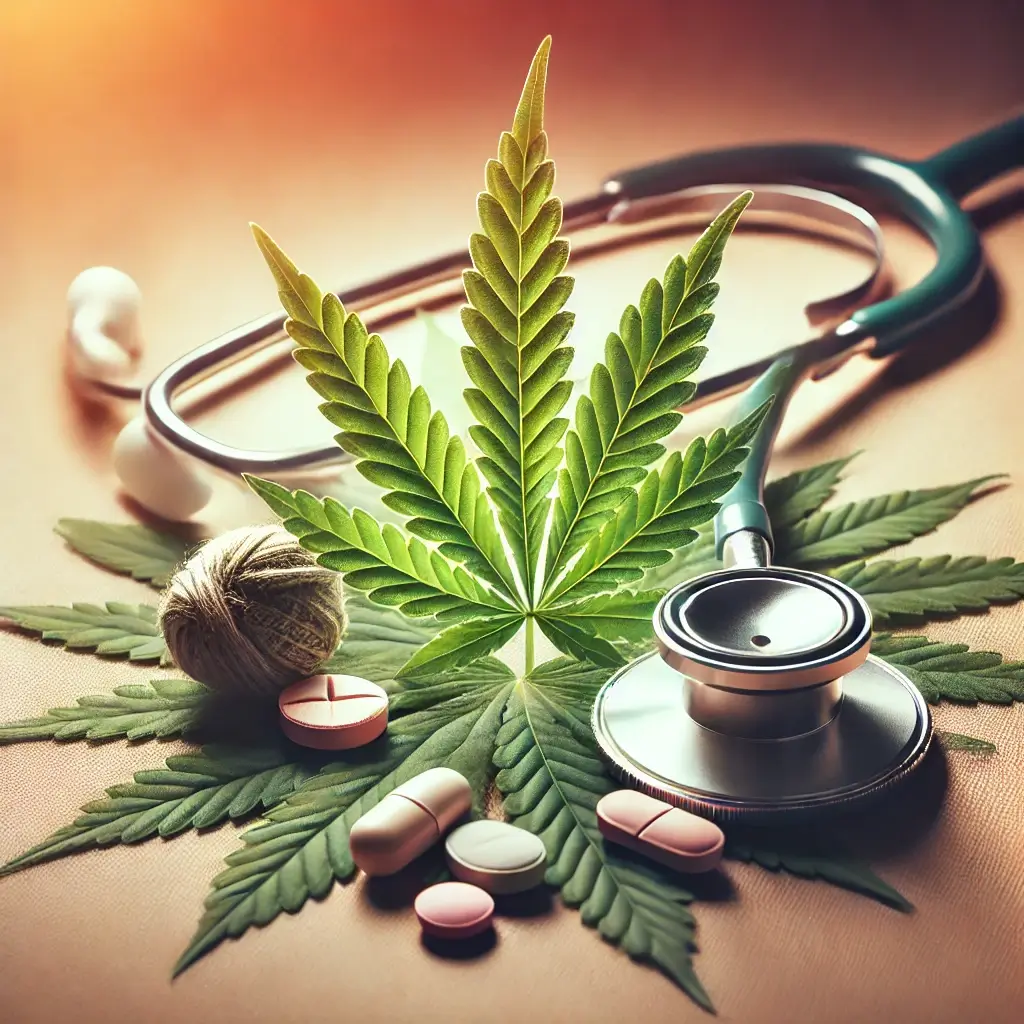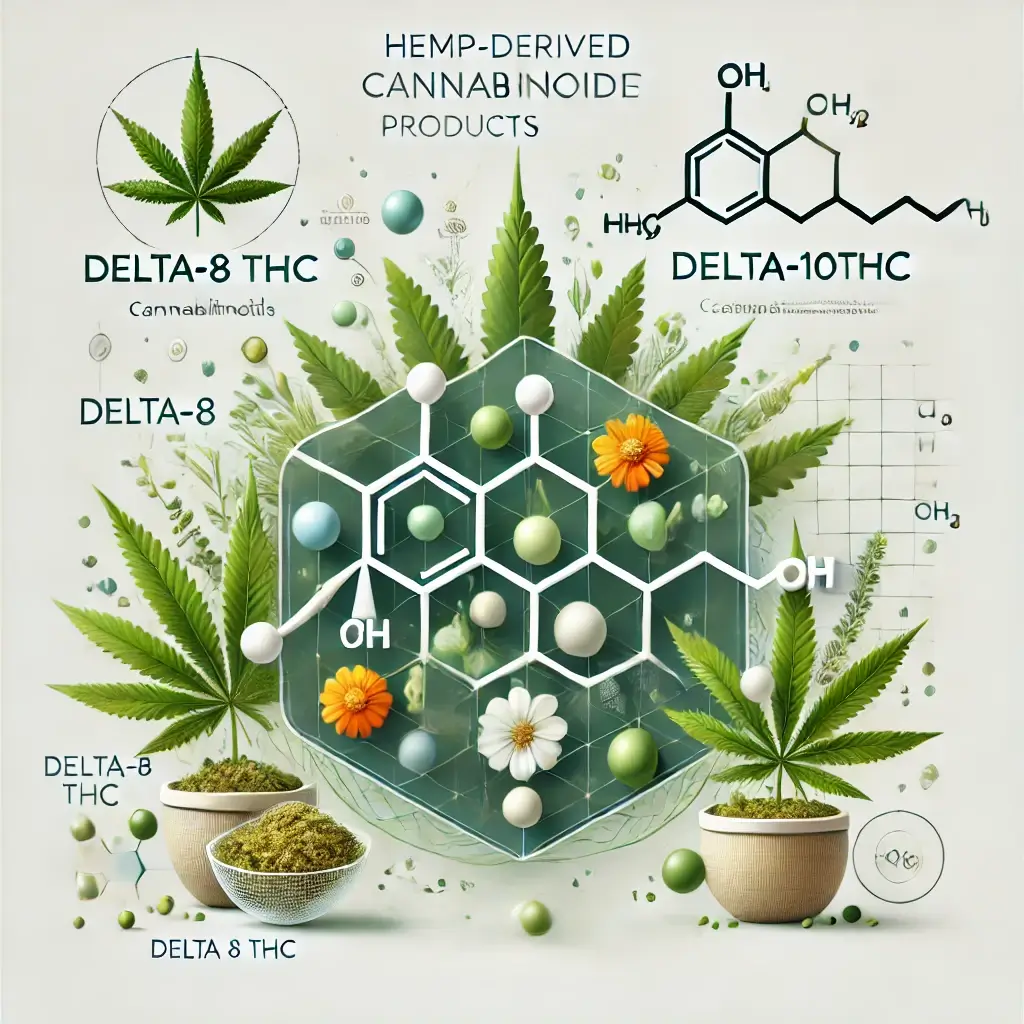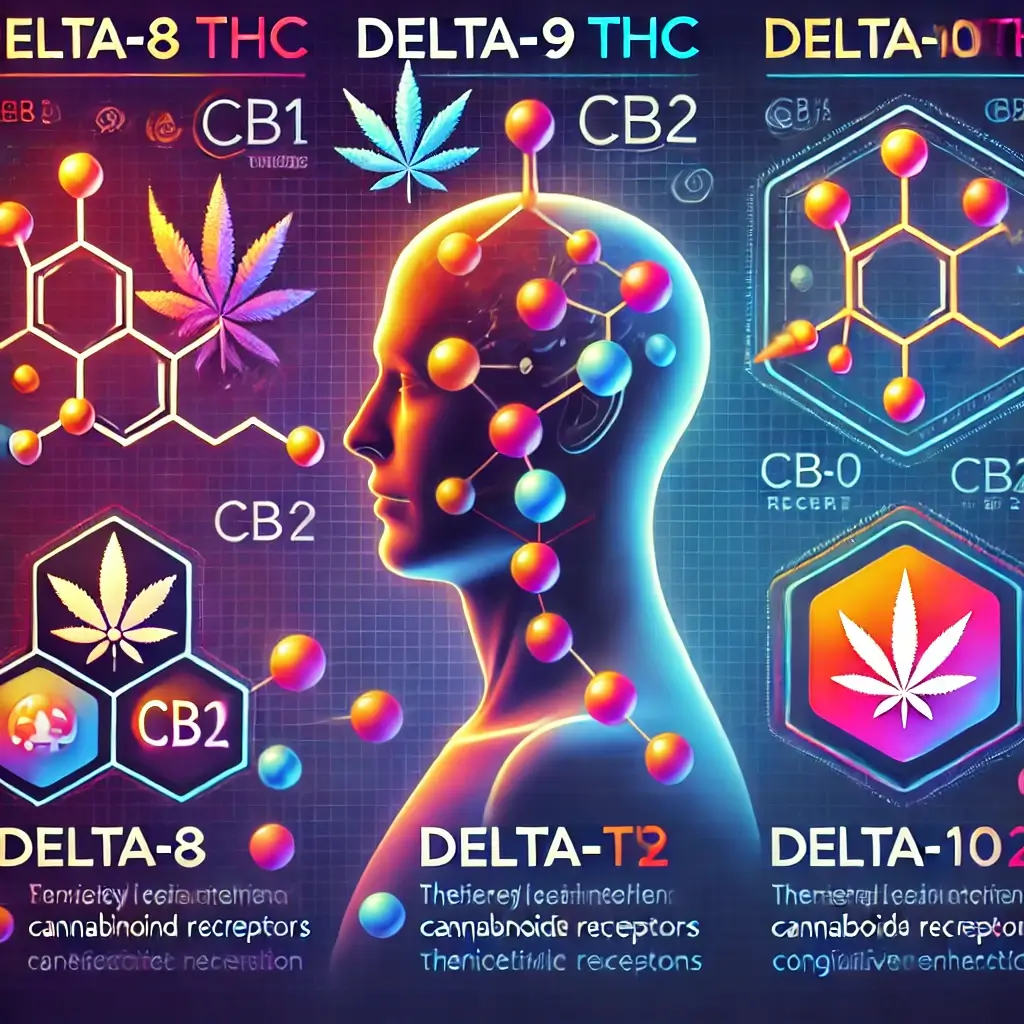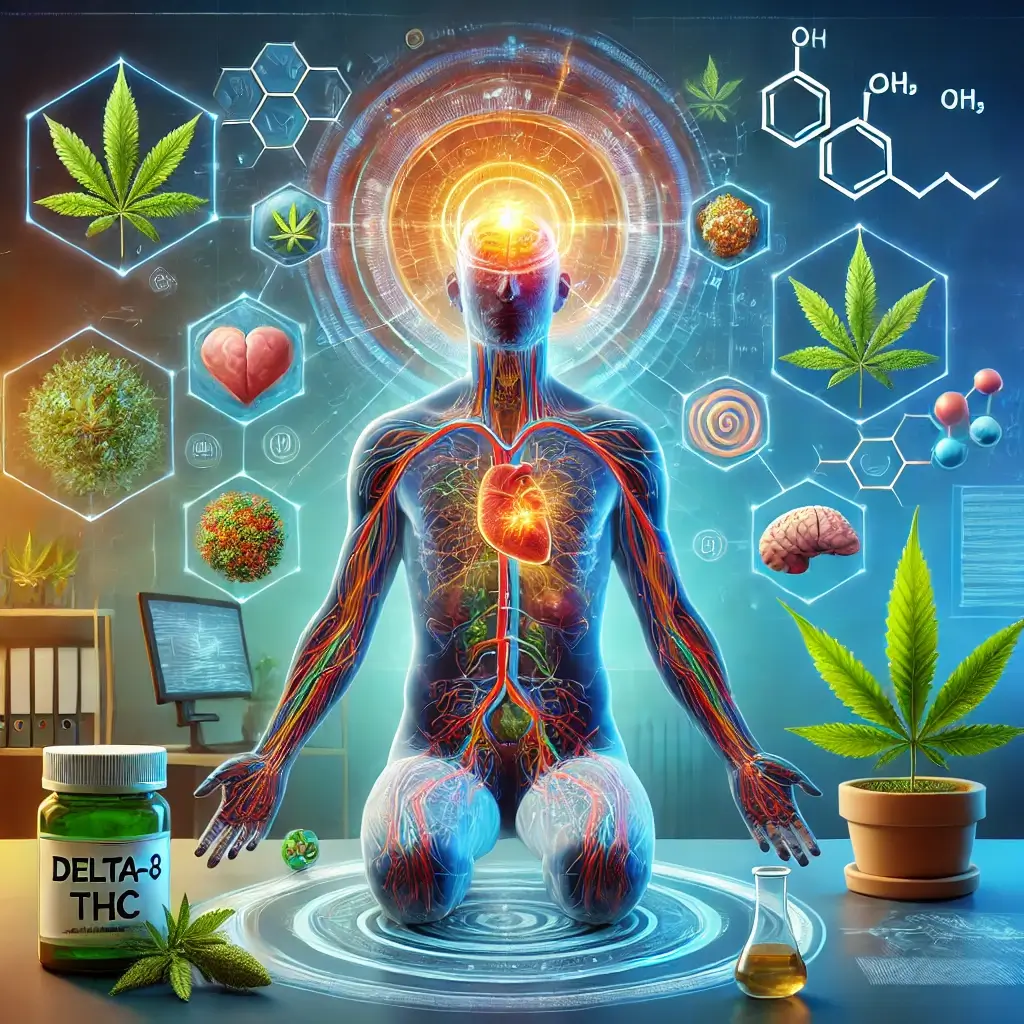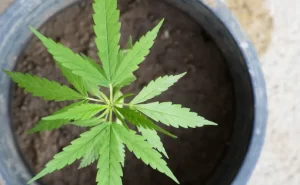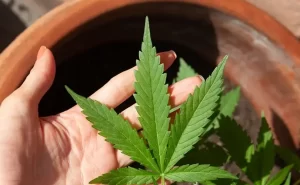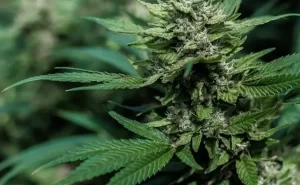
New Research Shows Cannabis Terpenes Improve Sleep Quality by 35%: A Complete Guide
Discover how cannabis terpenes can revolutionize your sleep-wake cycle through natural compounds that regulate circadian…
Breakthrough Study: How Targeted Cannabis Treatments Transform Sleep Disorder Management
Cannabis emerges as a promising therapy for sleep disorders, offering natural solutions through cannabinoids and…
The Science Behind Cannabis: A Comprehensive Review of Pain Management Solutions
Discover how medical cannabis is revolutionizing chronic pain management, offering a comprehensive approach to relief…
Revolutionizing Chronic Pain Treatment: How Cannabis Enhances Traditional Therapy Outcomes
Explore how cannabis integration in multimodal pain management offers innovative solutions for chronic pain, combining…
Evidence-Based Cannabis Protocols: A New Frontier in Chronic Pain Treatment
Cannabis emerges as a breakthrough in chronic pain management, offering evidence-based relief for neuropathic and…
Evidence-Based Cannabis Treatment: A Comprehensive Guide to Managing Chronic Pain Naturally
Cannabis emerges as a promising alternative for pain management, offering a multi-mechanistic approach through the…
Exploring Hemp-Derived Cannabinoids: What Research Reveals About Delta-8 and Delta-10 THC Benefits
Hemp-derived delta-8 and delta-10 THC offer unique therapeutic benefits and psychoactive effects, providing alternatives to…
The Power of Isomers: How Different THC Compounds Transform Patient Care
Discover the distinct properties of Delta THC isomers and their therapeutic potential, from Delta-8's mild…
The Clinical Evidence Behind Delta-8 THC: A New Frontier in Sleep and Anxiety Treatment
Hemp-derived Delta-8 and Delta-10 THC compounds offer promising therapeutic benefits for pain, anxiety, and sleep…
Evidence-Based Review: Delta Products in Modern Therapeutic Applications
Delta-8 and Delta-9 THC emerge as promising therapeutic compounds, offering reduced anxiety and pain management…














